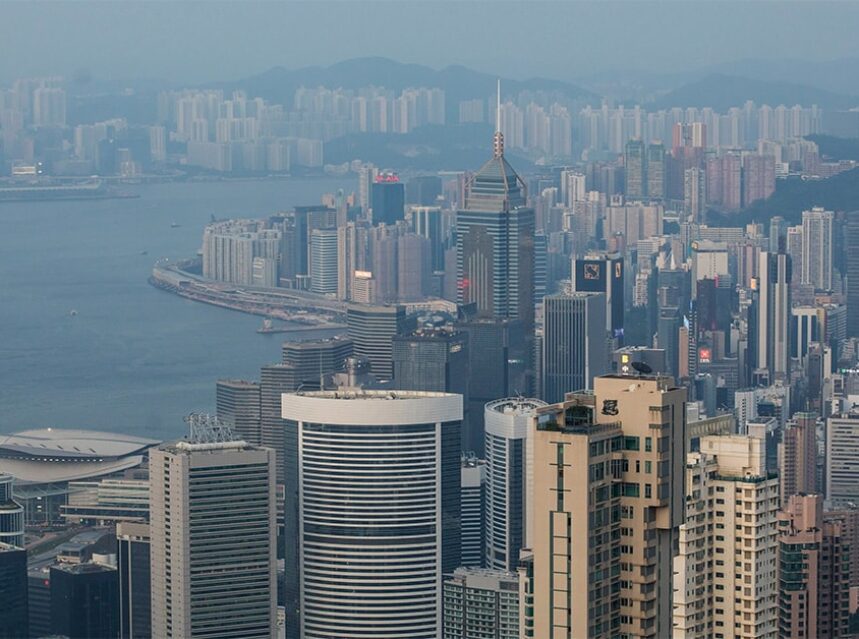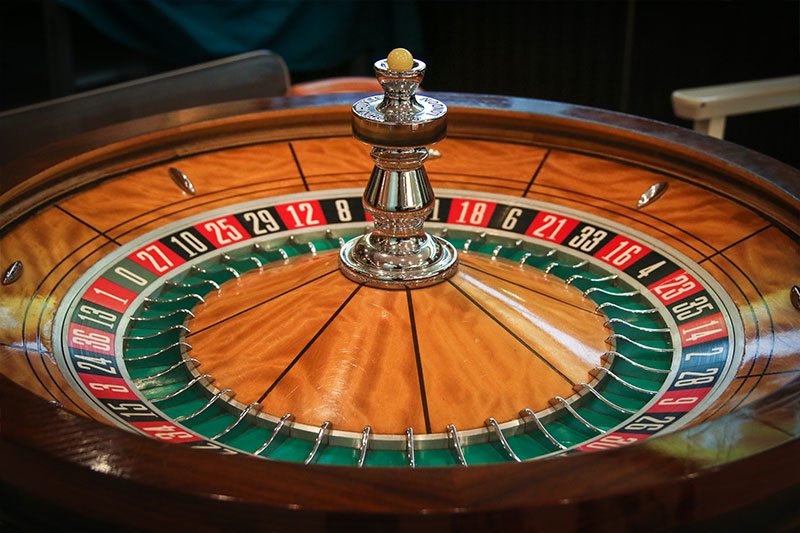Hong Kong Gambling Laws
The main legislation governing gambling in Hong Kong is the Gambling Ordinance (Cap. The general position is that gambling is unlawful unless the act falls within one of the exemptions under. The accused was subsequently charged with both the provision of illegal remote gambling services under the Remote Gambling Act, as well as for operating a gambling den under the Common Gambling Houses Act. On conviction, the accused was sentenced to 4 weeks’ imprisonment and a $20,000 fine in respect of the latter charge, and fined $20,000. According to a Consultation Paper prepared by the Law Reform Commission of Hong Kong, debt collection in Hong Kong is a significant and violent problem, mostly arising from gambling debts incurred locally and in Macau. In Hong Kong, the Gambling Ordinance (Cap. 148), which regulates gaming activities, was enacted in 1977 and was amended several times between 1980 and 2006. It is the Government's policy not to encourage gambling. Hong Kong Certain forms of gambling are legal in Hong Kong as long as they are managed by the government-sponsored Hong Kong Jockey Club (HKJC). The HKJC is a government-sponsored non-profit corporation that manages the only legal forms of gambling in Hong Kong.
 Following is a question by the Hon Shiu Ka-fai and a reply by the Secretary for Home Affairs, Mr Lau Kong-wah, in the Legislative Council today (June 28):
Following is a question by the Hon Shiu Ka-fai and a reply by the Secretary for Home Affairs, Mr Lau Kong-wah, in the Legislative Council today (June 28): Question:
Question:Quite a number of young entrepreneurs have relayed to me that with a view to promoting their products and services, they have introduced some lucky draw games and activities, so as to attract patronage to their physical or online shops. However, the law enforcement authorities have alleged them of operating gaming activities without obtaining the relevant licences, such as Trade Promotion Competition Licence or Amusements with Prizes Licence, and have indicated that they may invoke the Gambling Ordinance to institute prosecutions against them. Such entrepreneurs have also pointed out that while such games and activities are quite popular in the neighbouring regions and are not against any law in those places, the laws of Hong Kong are overly stringent, thereby hindering their business development and making them unduly worried. In this connection, will the Government inform this Council:
(1) of the details of the law enforcement actions taken in each of the past three years under the Gambling Ordinance against lucky draw games or activities organised in the course of trade promotion (including the respective numbers of cases in which verbal warnings were issued and prosecutions were instituted, and the punishments on the convicted persons); whether it knows the number of types of the games or activities involved which may be legally conducted in the neighbouring regions without obtaining a licence;
(2) when the current requirements of the relevant licences and the penalties were made; whether it will, from the perspective of business facilitation and in the light of the development pace of information technology and the actual situation of online commercial and trading activities, review the regulation of lucky draw games or activities organised in the course of trade promotion, including examining if the relevant licensing requirements and penalties still suit the present circumstances; if so, of the details; if not, the reasons for that; and
(3) as some small business operators have pointed out that the application fees for a Trade Promotion Competition Licence and an Amusements with Prizes Licence are $1,590 and $3,200 respectively which, together with other licensing conditions (e.g. the former requiring licensees to publish details of the draw results in one English and one Chinese newspaper circulating in Hong Kong, while the latter requiring licensees to obtain a Places of Public Entertainment Licence) are a cost of a considerable amount of money for them, whether the authorities will consider relaxing the conditions and lowering the fees for such licence applications?
Reply:
Is Gambling Legal In Hong Kong
President,
My reply to the question raised by the Hon Shiu Ka-fai is as follows:
Given the great variety of games and variation in related legislation and regulatory approaches in various places, it is hard to make a direct comparison. With the possible differences in such objective considerations as socio-economic development, cultural background, customs and mindset in these places, it follows that their practices are not necessarily applicable to Hong Kong directly.
In Hong Kong, the Gambling Ordinance (Cap. 148), which regulates gaming activities, was enacted in 1977 and was amended several times between 1980 and 2006.
It is the Government's policy not to encourage gambling. This is because unregulated gambling may lead to such serious social problems as frauds, underage gambling and loan sharking, and may become a source of income for triad and criminal activities. Related penalties under the Gambling Ordinance are precisely introduced to deter non-approved gambling, and protect the public from the threats of these activities.
In the past three years (from 2014 to March 2017), there was one case that was prosecuted under section 9 of the Gambling Ordinance (i.e. organisation of unlawful lottery), but the person being prosecuted was eventually acquitted.

Activities such as Trade Promotion Competitions and Amusements with Prizes involve gaming, holding of which without permission is liable for the same maximum penalties as those gambling crimes which are perceived as more serious by the general public. Such arrangement is to deter people with ulterior motives from making use of these items to pursue gambling activities in disguise, and we consider the existing penalties as appropriate. The Court will make judgement based on the seriousness of individual cases. For examples, there has been a case in which a merchant conducted online lucky draw to promote his business without applying for the Trade Promotion Competition Licence, and hence was prosecuted under section 9 of the Gambling Ordinance for organising unlawful lottery. While it was set out in the Gambling Ordinance that a person, on conviction, is liable to a maximum fine of $5,000,000 and to imprisonment of at most seven years; the merchant, after the case was assessed, was offered no evidence on condition of being bound over in the sum of $1,000.
Similarly for the formulation of licence conditions, the Government has been following the principle of not encouraging gambling. Some examples of the licence conditions include not allowing the offering of money prize for amusements or competitions, the opportunity to win a prize being not the only inducement to participate in Amusements with Prizes, no fee being charged for entering Trade Promotion Competitions, and the competitions being not the core part or main attraction of a business.
Does Hong Kong Have Casinos

In addition, there are licence conditions that are formulated to protect the safety and rights of the participants. For example, one of the conditions for the Amusements with Prizes Licence, as mentioned by the Councillor, is that relevant licence under the Places of Public Entertainment Ordinance shall be obtained for premises in which such amusements are conducted. This is because amusements usually draw crowds. We prescribe that the licenced premises concerned shall meet relevant safety requirements so as to safeguard public safety and order.
As for another condition mentioned by the Councillor, i.e. a condition for the Trade Promotion Competition Licence, it requires a promoter to publish, within 10 days from the date of draw or judging, results of the competition in one English and one Chinese newspaper circulating in Hong Kong and to forward a copy of the relevant newspaper cuttings to the Office of Licensing Authority (OLA). This licence condition serves to ensure that draw results will be published in an open and transparent manner by licensees for protecting the interest of members of the public who have participated.
The Government will also review related arrangements in light of actual circumstances so as to strike a balance between business facilitation and protection of public interest. For example, the requirement of publishing competition results in newspapers, as mentioned above, was amended in 2002. The original condition prescribing that 'competition results shall be published in two English and two Chinese newspapers within seven days from the date of draw' was relaxed to 'competition results shall be published in one English and one Chinese newspaper within ten days from the date of draw'. Keeping abreast with times, OLA nowadays also accepts publishing of draw results by promoters in online newspapers. However, some members of the public are still not used to reading newspapers online, OLA requires promoters to publish draw results in at least one printed newspaper.
Regarding licence fees, it is the Government's policy that fees should in general be set at a level sufficient to recover the full cost of providing the relevant services. Fees for various licences under the Gambling Ordinance are charged in accordance with the 'user pays' principle, with a view to recovering the cost of licence issuance from applicants. OLA will review the level of licence fees on a regular basis.
Issued at HKT 14:37